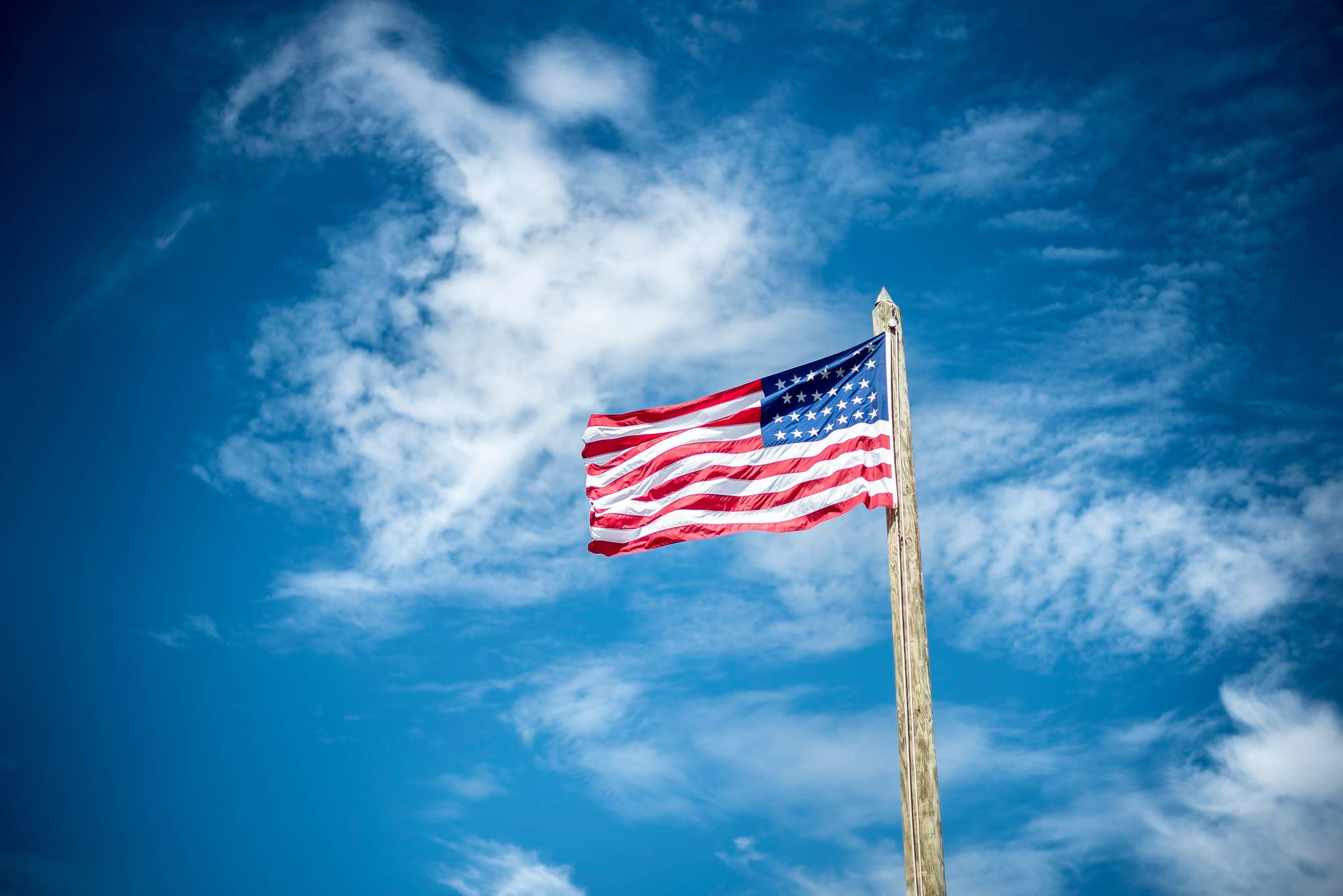By Frank Larkin
Americans should be concerned about the well-being of Alaska’s military veterans. The state has the nation’s highest concentration of veterans at the same time as the U.S. is experiencing a dangerously high level of veteran suicides.
The statistics are deeply worrisome:
■ The number of veteran suicides nationally exceeded 6,000 each year from 2008 to 2017, according to the most recent data from the U.S. Department of Veterans Affairs, reflecting a persistent level over the last several years and 6.1% greater than in 2005.
■ The suicide rate nationally for veterans is at least 1.5 times the rate for non-veteran adults, after adjusting for population differences in age and sex.
■ Alaska already has one of the highest rates of suicide per capita in the country for all Alaskans, vets and non-vets, according to state data. Alaska’s rate was 24.5 suicides per 100,000 people in 2018, while the national rate was 14 suicides per 100,000 people.
While suicide among veterans is a major concern generally, it is even more so with the increased isolation as a result of the pandemic.
“Many of our veterans are suffering from daunting, sometimes overwhelming mental health challenges, that have only been made worse by this pandemic,” said Sen. Jerry Moran (R-Kans.), chairman of the Senate Veterans’ Affairs Committee, in a statement. They lack “access to modern, effective and compassionate mental health care and suicide prevention services.”
The trends are similarly disturbing among active duty military service members for whom the suicide rate continues to climb, according to the Pentagon’s latest figures. In 2019, the rate of suicide among active-duty troops was 25.9 per 100,000 troops — an increase year-over-year. The Army alone reports a 30% increase in deaths by suicide in 2020 with two months left in the year.
Many veterans suffer from “invisible wounds” whose symptoms can be confused with mental illness. A growing body of research is illuminating the presence of microscopic brain injury directly related to military blast wave exposure and concussive impact to the head. Invisible wounds linked to an underlying traumatic brain injury can mirror many mental health conditions. At the same time, vets can be burdened with moral injury from experiences that collide with their sense of right from wrong, fairness, justice and the value of human life. This invisible trauma can impact and erode a person’s sense of hope, leading them to disconnect from friends and family and cause some to see suicide as the only way to relieve their pain.
Reaching these people before they despair is paramount. That is why the Troops First Foundation and its partners in the military community are calling on veterans to share a sense of responsibility for those with whom they have served and to recognize the urgent need to connect.
Our ask is simple: If you are active duty or a veteran, reach out and connect with current and former battle buddies and let them know you care. In short, make a call, take a call and have an honest conversation. With research showing that active duty service members and vets in need of support often don’t seek help on their own, a call could save a life. The Foundation’s effort, known as “Warrior Call,” is seeking to have at least 50,000 current service members and vets make a phone call and connect with another by the end of the year.
It’s an effort that every state in the nation should embrace, but especially Alaska with such a high concentration of veterans.
“At this time of additional stress, we want to make certain that the nation’s warriors, whether veterans or active duty, connect and check in with one another,” said Leroy Petry, a 2011 recipient of the Medal of Honor and co-chair of Warrior Call. “All it takes is a simple call to make a huge, life-changing difference.”
■ Frank Larkin is co-chair of the Warrior Call initiative, a former Navy SEAL, 40th US Senate Sergeant at Arms and father of a Navy SEAL son who died by suicide.

